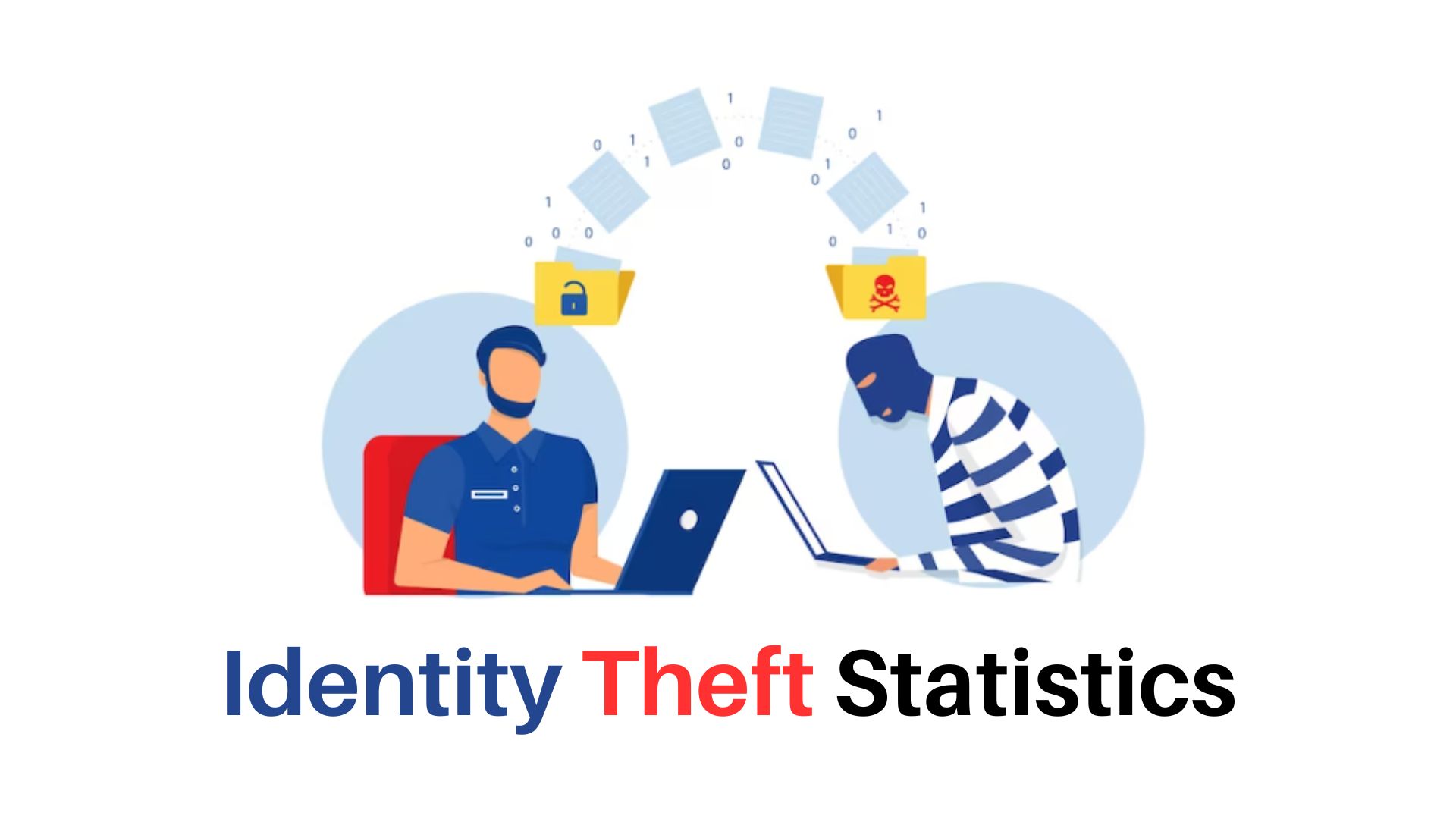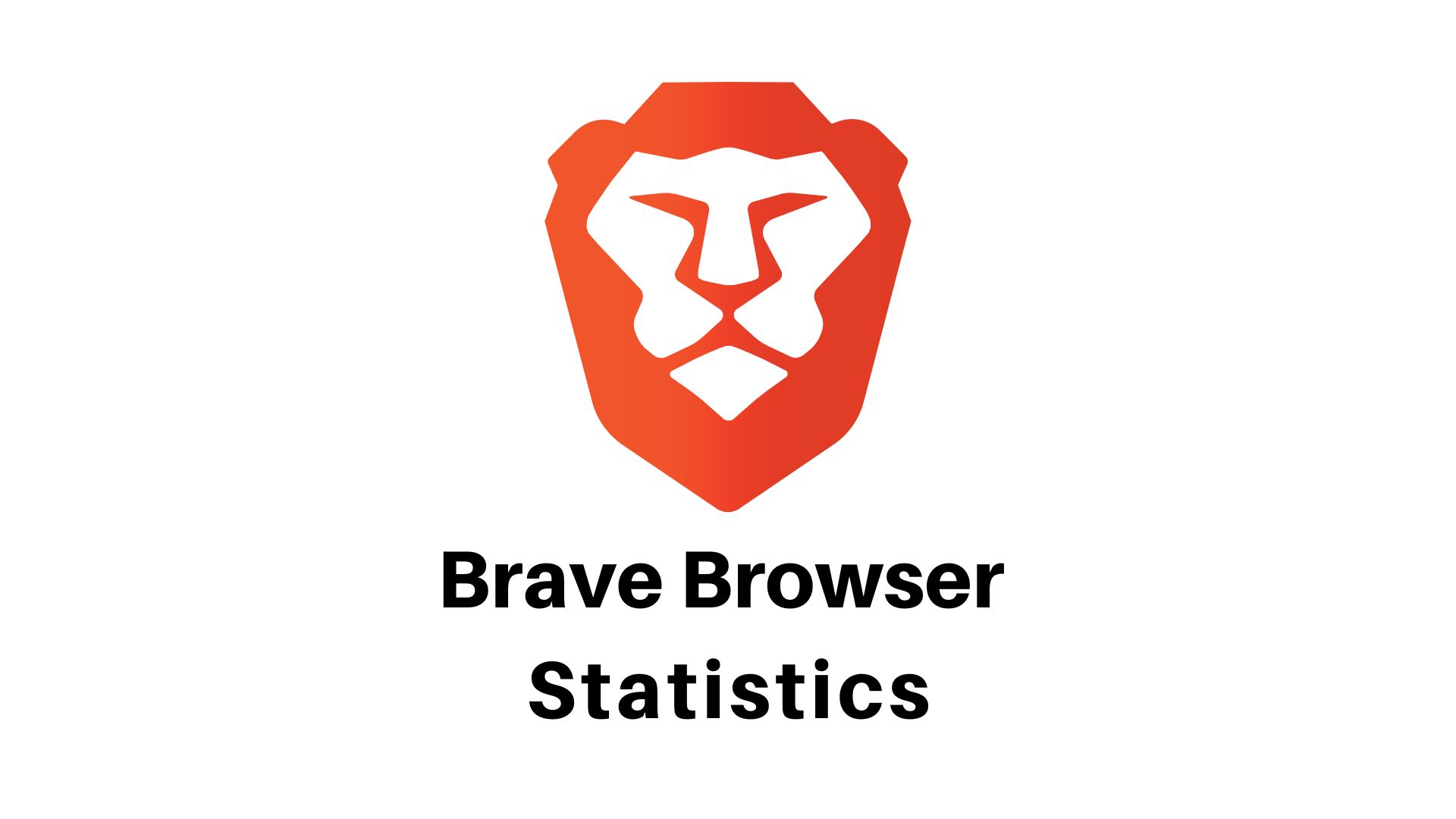5 Ways To Promote Your Restricted Business Online

Page Contents
Navigating the online realm can be like charting unknown waters, especially for businesses operating within restrictive niches. These companies face a unique set of hurdles, from stringent regulations to platform-specific guidelines that limit traditional advertising avenues.
Yet, where there’s a challenge, there’s also an opportunity. By understanding these limitations and adopting creative strategies, restricted businesses can not only survive but thrive in the vast digital marketplace. This article dives deep into the diverse ways such enterprises can harness the power of the web, ensuring they remain both compliant and competitive.
#1: Understand Your Restrictions
The first step in devising a successful online promotion strategy is understanding the rules of the game. It becomes even more crucial when regulations, both legal and platform-specific, cast a wide net over promotional activities.
Recognize Legal Boundaries
Before implementing any promotional strategy, familiarize yourself with local, regional, and international regulations governing your industry. For instance, businesses in the tobacco or alcohol sectors might face advertising bans in certain regions or on specific platforms. Knowing these legal boundaries implies you can avoid costly fines or potential business shutdowns.
Learn Platform-Specific Guidelines
While platforms like Facebook, Google, or Instagram have become essential tools in the modern marketer's kit, they come with their own sets of advertising policies. Some might outright ban ads from particular industries, while others might have nuanced restrictions on the kind of content or imagery you can use. It’s necessary to regularly review these guidelines, as they are frequently updated based on user feedback and changing global norms.
Distinguish Between “Prohibited” and “Restricted”
It’s essential to note that “prohibited” and “restricted” are not synonymous. While some products or services might be entirely banned from advertising on specific sources, others might just face certain limitations.
For example, prescription drugs might not be allowed to be advertised directly, but educational content about them might be permissible. Educating yourself on these nuances can open doors to alternative promotional strategies.
Be Proactive, Not Reactive
Rather than waiting to face a violation or penalty, adopt proactivity. Regularly audit your online promotional activities, ensuring they align with current regulations and platform guidelines. Such an approach safeguards your business against potential legal issues and helps build trust with your audience, which recognizes and appreciates ethical marketing practices.
#2: Utilize Organic SEO Strategies
In the labyrinth of online marketing, SEO acts as a beacon, guiding potential customers to your digital doorstep. For restricted businesses, the power of organic SEO is even more pronounced. Search engine optimization services provided by trusted SEO vendors like MjSeo cannabis Agency offer a pathway to visibility without direct reliance on paid advertising, which may be prohibited or restricted.

The Value of Organic Search
For many users, search engines are the starting point when seeking information, services, or products. Organic search results inherently carry a sense of trustworthiness. That's because they appear due to their relevance to the search terms, not advertisements. Therefore, by optimizing for organic search, companies operating in restricted niches can establish authority and gain visibility in a crowded marketplace.
Implement On-Site Optimization
From meta tags to URL structures, on-site optimization is crucial to make sure search bots can understand and rank your content effectively. Check whether your website is mobile-responsive, has a clear hierarchy and internal linking, and utilizes keywords judiciously within content, titles, and meta descriptions.
Perform Tailored Keyword Research
Delving into the unique world of restricted industries requires a nuanced approach to keyword research. It's not simply about volume; it's more about relevance. Tools like Google Keyword Planner, SEMrush, and Ahrefs can help identify search terms that resonate with your audience while adhering to industry constraints.
Create Quality Content
One of the pillars of effective SEO is quality content. Regarding restricted businesses, this means crafting insightful, accurate, and compliant articles, blog posts, or resource pages. Such content should cater to search engine algorithms while also providing genuine value to readers, helping establish your brand as trusted.
Build Great Backlinks
Backlinks serve as endorsements in the eyes of search engines. In fact, those inbound links from other websites are among the factors greatly influencing your rankings. Gaining quality backlinks from reputable sources within and outside your industry can significantly boost your website's authority.
Use Local Optimization
If your business has a physical presence, local SEO becomes indispensable. Claim and optimize your Google Business Profile, encourage customer reviews, and ensure your business's name, address, and phone number are consistent across online directories.
#3: Leverage Content Marketing
Amidst a digital landscape overflowing with advertisements, content marketing emerges as a refreshing alternative. It allows brands to tell their stories and connect with audiences on a deeper level. Content marketing can be a game-changer for businesses with limited promotion options, providing an avenue to engage and educate without breaching set boundaries.

The Content Marketing Advantage
Unlike common advertising, content marketing focuses mainly on building relationships. By offering valuable, relevant, and consistent content, businesses can position themselves as thought leaders, nurturing trust and credibility with their audience.
Employ Diverse Content Forms
Content isn't just about producing articles and blog posts. It's all about diversity.
To illustrate, according to the research results, visuals with improved video content are widely used to enhance overall content marketing efforts. Hence, the best approach here is multifaceted when you embrace:
- videos;
- podcasts;
- infographics;
- eBooks, etc.
This diversification helps match different audience preferences and reach broader segments.
Prefer Education Over Promotion
For businesses in restricted sectors, the content strategy should lean more towards educating than outright selling. Highlight the benefits, share industry insights, and answer common questions. This approach adheres to many restrictions and resonates more deeply with consumers.
Keep the Brand Voice Consistent
Whether writing a blog post or crafting a video script, the brand voice should remain consistent across all content pieces. It helps solidify your brand identity and creates a familiar touchpoint for your audience.
Make Regular Updates
What's relevant today might be obsolete tomorrow. Regularly review and refresh your content, ensuring it stays updated, relevant, and in line with current industry standards.
#4: Resort to Email Marketing
Email marketing is an excellent channel for facilitating direct conversations between businesses and their audiences. This form of marketing can be incredibly potent for restricted industries, allowing controlled and compliant communication that cuts through the noise.
The Unyielding Potential of Email
Despite the proliferation of new digital platforms, email remains a stalwart. It provides a private channel to share messages, offers, and insights directly with those who've expressed interest, thus delivering higher engagement rates.
Build and Segment an Email List
It all starts with a list. But rather than purchasing one, the emphasis should be on organically building it. Use opt-in forms on your website, encourage sign-ups during events or in-store visits, and always make sure subscribers know what they're signing up for.
One-size-fits-all rarely works in email marketing. So, you need to segment your email list based on the following:
- purchase history;
- interests;
- engagement levels.
Tailored messages resonate better, leading to higher open rates.
Craft Content Mindfully
In the realm of restricted businesses, every word counts. Your email content should be clear, compliant, and compelling. While promotional materials can be included, it’s best to focus on providing value, be it in the form of insights, updates, or exclusive offers.
#5: Collaborate with Industry Influencers and Bloggers
Trusted voices stand out in a world dominated by digital noise. If your company operates within restricted niches, partnering with influential figures can be a strategic move to amplify your message, gain credibility, and reach a broader audience without crossing regulatory boundaries.

The Power of Trusted Voices
Influencers and bloggers have spent years cultivating trust and authority within their niche. Their endorsement or partnership can provide businesses with instant credibility, which is particularly important when direct advertising avenues might be limited.
Identify the Right Partners
Not all influencers are equal. It's crucial to locate individuals whose values align with your brand and who have a genuine connection with their target audience.
Establish Clear Collaboration Guidelines
Ensure both parties understand the regulations governing promotions within your industry. Clearly communicate what's allowed and what's off-limits to avoid potential pitfalls and get a smooth collaboration.
Ensure Mutual Benefits
While companies stand to gain from the influencer's reach and credibility, making the collaboration mutually beneficial is essential. It could be through financial compensation, exclusive access, or cross-promotion on your platforms.
Host Events and Webinars
Invite influencers or industry bloggers to speak at your events, webinars, or podcasts. Their presence can boost attendance and engagement and position your brand alongside respected figures in your sphere.
Wrapping up
In the intricacies of online promotion within restricted industries, innovation and adaptability reign supreme. While challenges are inherent, they pave the way for creative solutions that foster genuine connections. With the outlined strategies, businesses will navigate the digital realm with finesse and thrive, proving that by following the right approach, even the most stringent boundaries can be transformed into opportunities.

Barry is a lover of everything technology. Figuring out how the software works and creating content to shed more light on the value it offers users is his favorite pastime. When not evaluating apps or programs, he's busy trying out new healthy recipes, doing yoga, meditating, or taking nature walks with his little one.



